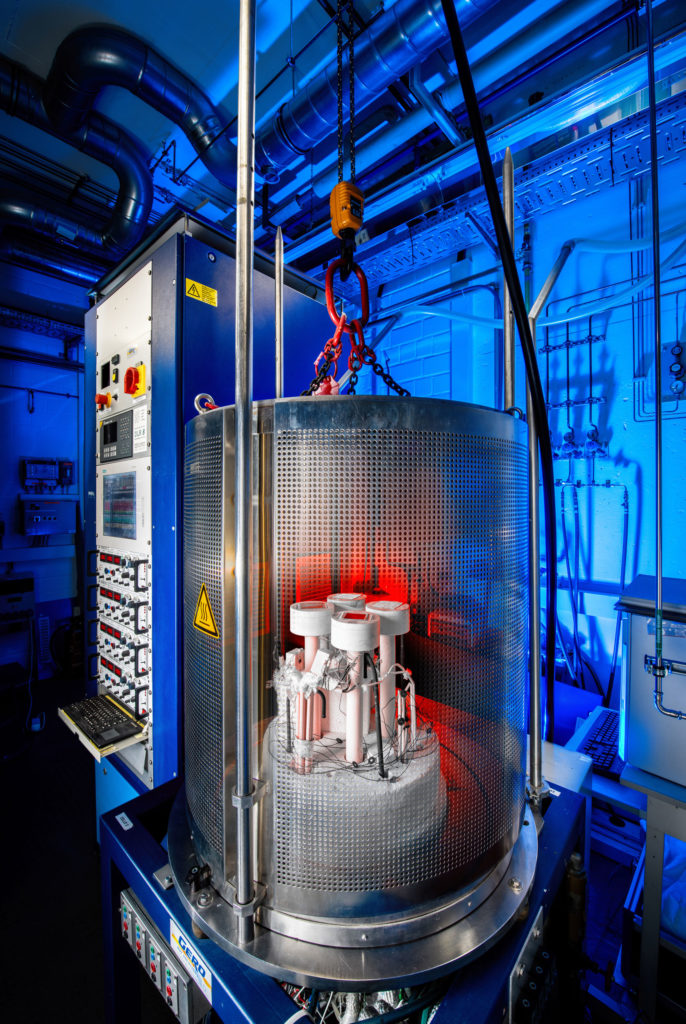Developing components for electrolysers and fuel cells
Developing components for electrolysers and fuel cells
Hydrogen from renewable resources is necessary for the energy transition and is the basis for low-emission energy systems. Electrolysers and fuel cells are ideal for producing hydrogen and other fuels, or for converting them into electricity and heat. The Institute of Engineering Thermodynamics will present its component developments for efficient and economical fuel cells and electrolysers, for example, novel long-life platinum-free catalytic converters and electrochemical and structural characterisation methods.
Next-generation high-temperature electrolysers
High-temperature electrolysers, operating at temperatures exceeding 600 degrees Celsius, achieve optimal efficiency in hydrogen production via electrolysis. However, at such elevated temperatures, issues of degradation and diminished long-term stability become prevalent. To mitigate these challenges, DLR has devised specialised operational strategies and is actively constructing cells using innovative material combinations. The primary objective is to enhance performance and efficiency while reducing reliance on critical and scarce raw materials. In pursuit of this goal, DLR is introducing a novel class of electrolysis cell based a metal-supported, proton-conducting ceramic. This pioneering cell design presents numerous opportunities for ‘Power-to-X’ applications and, in a unique configuration, facilitates the electrochemical pumping of hydrogen.
Generic fuel cell system with 1.5 megawatts of power
Fuel cells are a pivotal technology in the endeavour to decarbonise heavy goods transport. As part of the ‘PEMScale1.5’ project, nine DLR institutes working across the fields of energy, transport and aeronautics are collaborating on the development of a fuel cell system boasting 1.5 megawatts of power including an electric drive. Their focus extends to tailoring the system to suit the distinct demands of ships, trains, commercial vehicles and aircraft. Additionally, they are delving into concepts for bi-directional sector coupling.
Link:
German Aerospace Center (DLR)
Institute of Engineering Thermodynamics
E-Mail contact-dlr@DLR.de


